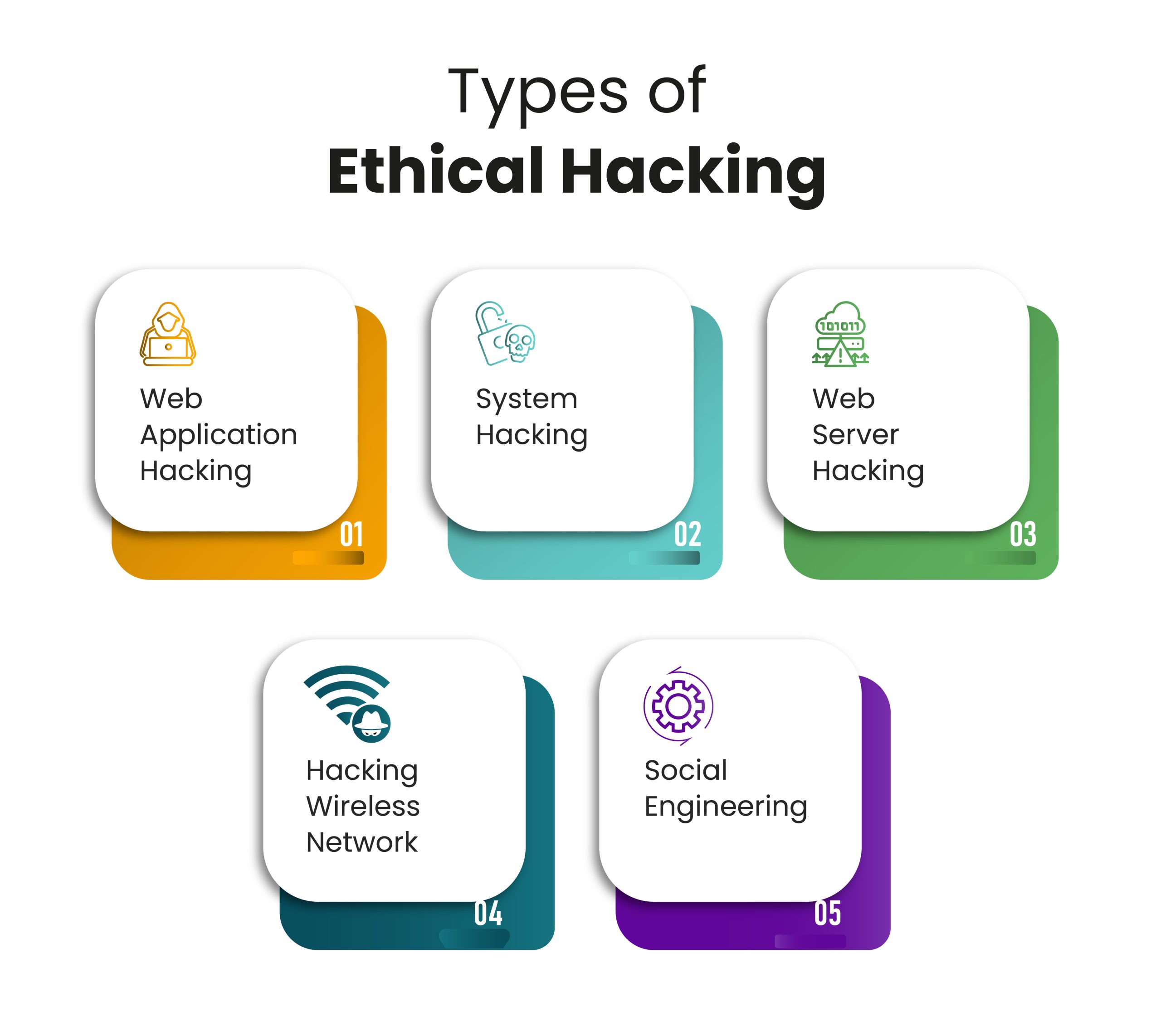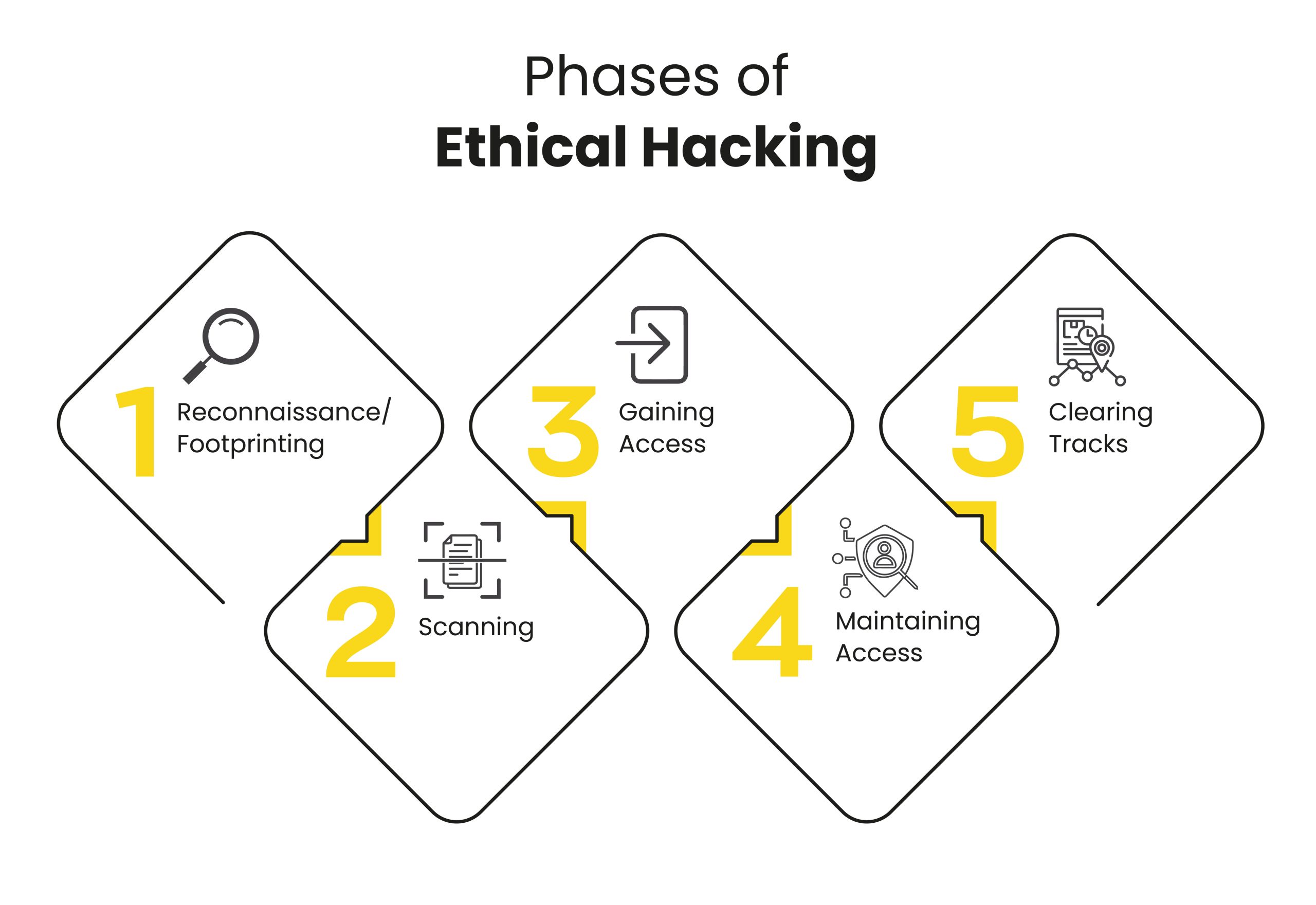Introduction
In today’s digital age, understanding cybersecurity and ethical hacking is more crucial than ever. With cyber threats becoming increasingly sophisticated, it’s essential for both aspiring and experienced cybersecurity professionals to stay updated with the latest tools, techniques, and knowledge. In this post, we’ll explore various aspects of ethical hacking, delve into crucial cybersecurity tips, and highlight key tools and technologies that are shaping the future of tech security.
1. Understanding Ethical Hacking
Ethical hacking involves legally testing and securing systems by simulating attacks to identify vulnerabilities. Unlike malicious hacking, ethical hackers have permission to test the system's security, aiming to improve defenses and protect data. For those interested in pursuing a career in ethical hacking, it’s important to understand the various techniques and tools used by professionals.

Key Techniques:
- Reconnaissance: Gathering information about the target system to identify potential vulnerabilities.
- Scanning: Using tools to discover open ports, services, and vulnerabilities.
- Exploitation: Testing vulnerabilities to determine if they can be exploited.
- Reporting: Documenting findings and suggesting improvements to enhance security.

 Support Crack-Vault and help us keep providing free tools. Every donation counts!
(BTC) Address: bc1qhhva8uplmkaa3kkwxnux9t3y6l6kmhnwqzktzn
Support Crack-Vault and help us keep providing free tools. Every donation counts!
(BTC) Address: bc1qhhva8uplmkaa3kkwxnux9t3y6l6kmhnwqzktzn

 Support Crack-Vault and help us keep providing free tools. Every donation counts!
(BTC) Address: bc1qhhva8uplmkaa3kkwxnux9t3y6l6kmhnwqzktzn
Support Crack-Vault and help us keep providing free tools. Every donation counts!
(BTC) Address: bc1qhhva8uplmkaa3kkwxnux9t3y6l6kmhnwqzktzn